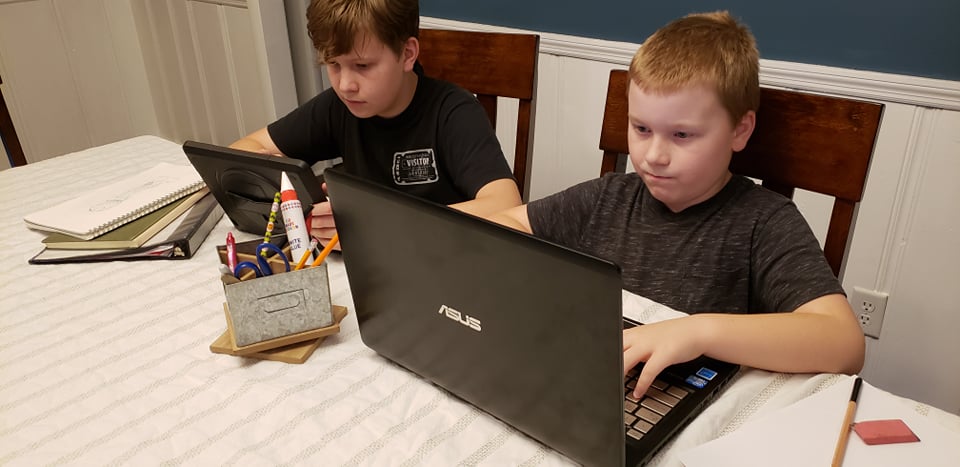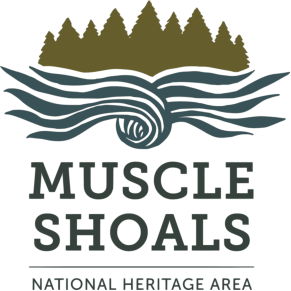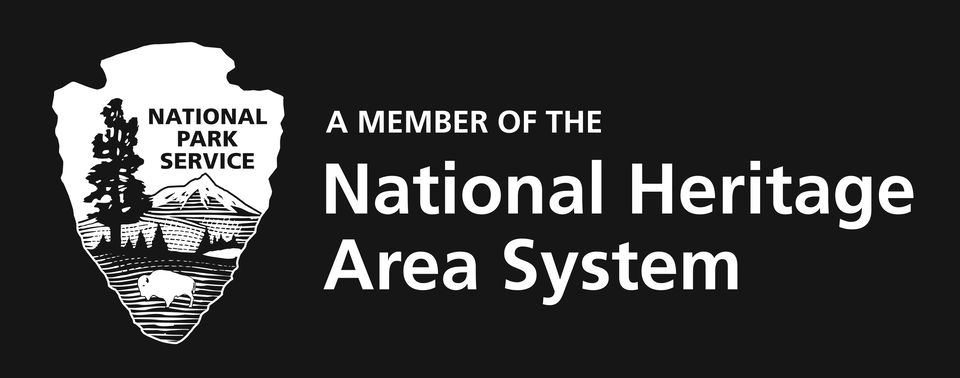Education Series Grants

Grants for Organizations & Teachers
MSNHA opens grants for site-specific digital learning
As a result of COVID-19, organizations across the MSNHA are unable to host educational programs or fieldtrips. To help organizations continue to reach students, the MSNHA is opening a special education-series grant for developing site-specific lessons in partnership with teachers to achieve educational outreach goals while physical visits/fieldtrips are limited. Even when off-campus travel resumes, digital educational content will be a significant way to engage with new audiences. Organizations are eligible for up to $1,200 in reimbursable grants, with a 1:1 match requirement. A typical project might be $2,400 total with 1:1 match requiring $1,200 of cash or in-kind contributions from the sponsor and $1,200 in grant funds from the MSNHA. Applications are reviewed by MSNHA staff. Applications will remain open until all funds are allocated.
What are the project requirements?
- Organizations must partner with a teacher to develop lessons that are related to the historical/cultural/natural resources of the site. This partnership ensures lessons are developed along Alabama state curriculum guidelines (curriculum standards achieved by the lessons must be noted in the final report submitted with the reimbursement request). Lessons may be developed for elementary or secondary students. For example, an organization interpreting music history may develop lessons that talk about different music genres, musical instruments or the history of Muscle Shoals music or develop hands- on activities where students make their own musical instruments.
- Lessons must also connect with one of the MSNHA themes: music, Native American history and the impact the Tennessee River has had on the development of our region (subthemes of the river theme are the agricultural economy, the Civil War, transportation, community development and industry and hydroelectric development).
- Organizations must film the lessons. The videos can also include short tours of the site and cameos by curators/archivists/museum staff/experts in the field. If the organization chooses to do a Facebook Live event, the event must be recorded for sharing/posting (see below). For example, a site developing a music history lesson could include a cameo appearance by a local musician. If the “expert” is off site, they could record a video on their own and then digitally share it with the site to include in the final video of the lesson.
- Organizations must make the videos available through their social media outlets and/or website and share them and any other lesson materials (e.g. handouts, supply lists, etc.) with the MSNHA. Lessons will be included on the MSNHA website and the MSNHA YouTube channel as well.[spacer height=”20px”]
What are the budget requirements?
- $200 stipend per lesson: Teacher stipend payment of $200 per lesson/video – maximum of six lessons/$1,200.
- $200 match per lesson: Time spent by organization staff, volunteers and experts to plan for each lesson, prepare/set up for recording and filming, and edit videos, as well as time spent promoting videos via social media and uploading content to social media/websites. Time must be documented on an MSNHA timesheet. Volunteer time is valued at $23/hour. Alternately, if sites prefer to cash match the grant – for example, pay teachers to develop additional lessons (e.g. if the grant is for six lessons, the site would pay for 12 lessons and the additional $1,200 would count as match) or hire someone to do the filming and editing of the lessons – they may. Overmatch is also welcome (and encouraged)![spacer height=”20px”]
How do we receive our funding?
Grants are reimbursable – organizations must pay teachers for the agreed upon number of lessons and submit a final report documenting payment of expenses and proof of match and including copies of videos and lessons to MSNHA to receive reimbursement. The MSNHA will provide each grantee with a match guidebook to help with proper reporting.
How do we apply?
Questions? Contact Emily Rhodes, MSNHA grant coordinator, at ebrhodes@una.edu


